Formigas-de-embaúba carries out environmental education programs to plant native mini-forests in public schools together with school communities. Students become active citizens, inspired to act and take small steps towards collective and transformative futures.
Formigas-de-embaúba carries out environmental education programs to plant native mini-forests in public schools together with school communities.
If you asked someone if they could imagine growing a forest from scratch, they would most likely say no. If you then asked them if they could grow a mini-forest of 500 m² in their old school yard using only native trees, they would almost definitely say no. Yet, this is exactly what the non-profit organization formigas-de-embaúba is doing. And under a new agreement with the City of São Paulo, many students in public schools in São Paulo will be able to say yes to both answers. That’s almost 3,000 schools and about 1 million students.
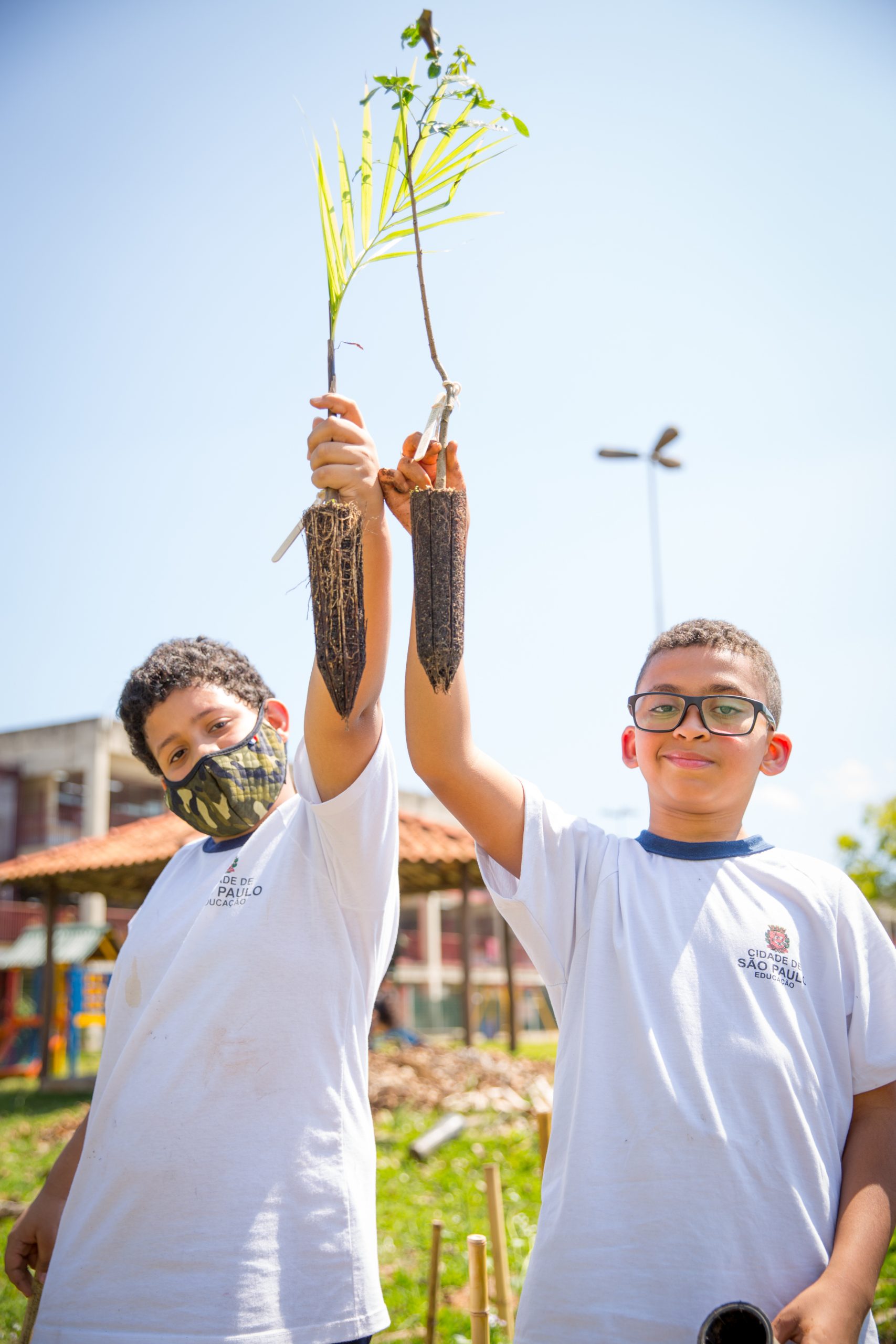
Through a pedagogical course that lasts one semester, formigas-de-embaúba’s mini-forests program works with the school community and students aged 2 to 14 to plant a mini-forest of native trees directly on the school’s property. Together they study and prepare the soil and learn about the Miyawaki Method to finally plant and care for the plants. In 2021 over 1,500 students helped to plant more than 2,000 seedlings of approximately 125 species of trees native to the Atlantic Forest. And each forest grows to become open-air classrooms for the students. On top of this, the mini-forests create biodiversity corridors, absorb carbon and lower the temperature in the regions where they are located, increasing the well-being of people and other living beings from all around.
The Miyawaki Method is a method of reforestation with native species to facilitate rapid growth and biodiversity named after its founder, the late Japanese botanist Akira Miyawaki. Urban forests grown using this methodology have become fascinating complex ecosystems, learning from, and mimicking the native vegetation near the planting site. In the Atlantic Forest’s case, the tropical rainforest that used to cover Brazil’s coast and now has only about 10% of its original area preserved, means to prepare the soil with organic compost, to plant native seedlings densely with a wide variety of species, to cover the soil with organic matter, and to maintain the area for the initial two years.
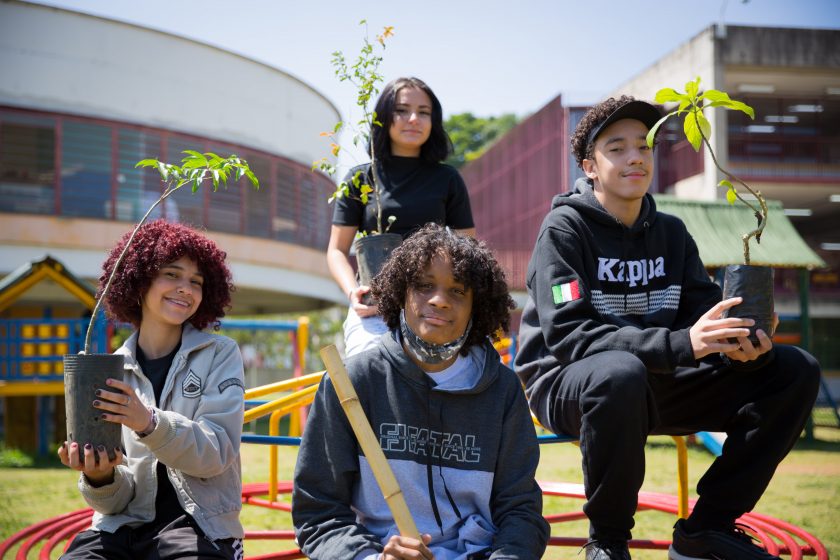
These mini-forests are appearing around the world, and bring many benefits to communities beyond their impact on biodiversity. These green areas can help to improve people’s health, counter heat islands, and to reduce air and sound pollution. And formigas-de-embaúba is successfully using the method to grow its mini-forests with school communities in the Great São Paulo area, one of the main urban conglomerates in the world with more than 30 million inhabitants.
The organization not only works with students but also provides an online training program for teachers to develop critical environmental education projects in their schools. In 2021 this trained over 300 participants from municipal public networks from several cities in the Great São Paulo region and is now expanding to other areas in Brazil.
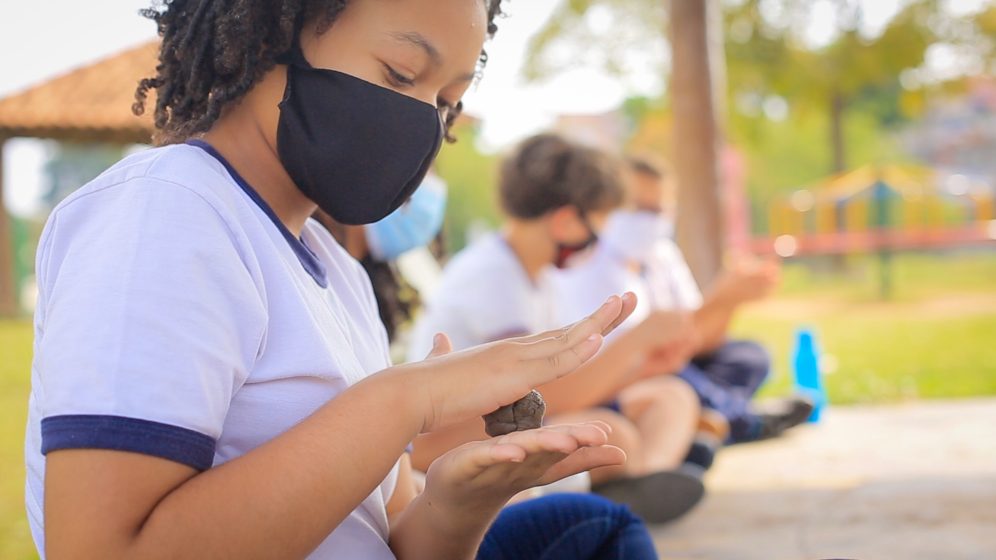
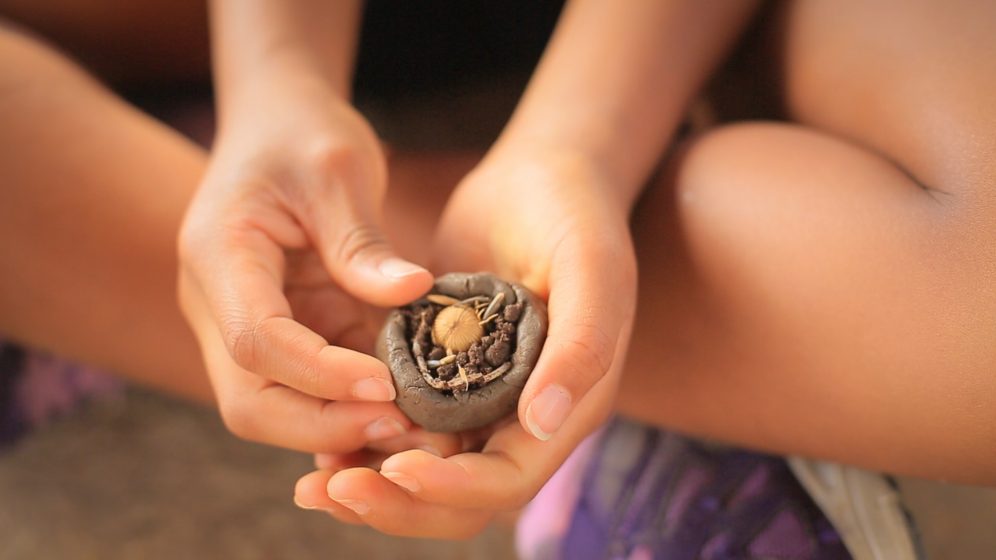
“Through project-based pedagogy, we take ecological restoration into schools, so that school communities become aware of and act in the face of climate change, conservation and regeneration of biodiversity”, explains Rafael Ribeiro, co-founder of formigas-de-embaúba. “It is necessary to cultivate in children from an early age the principles of sensitivity to the earth, ecological responsibility and to encourage them to understand themselves as part of nature and not apart from it”, continues environmental educator Gabriela Arakaki, who co-created the organization together with Rafael. Currently, the two coordinate the entity in partnership with Sheila Ceccon, who is also a very experienced environmental educator.
As a result of its efforts to raise awareness about the urgency of rewilding our planet, in 2020 the organization was selected by the Democracy and Sustainability Institute (IDS), a local think tank, as one of the 10 civil society organizations to implement the UN Sustainable Development Goals (SDGs) in Brazil, as has now been confirmed as an actor for the UN Decade on Ecosystem Restoration.
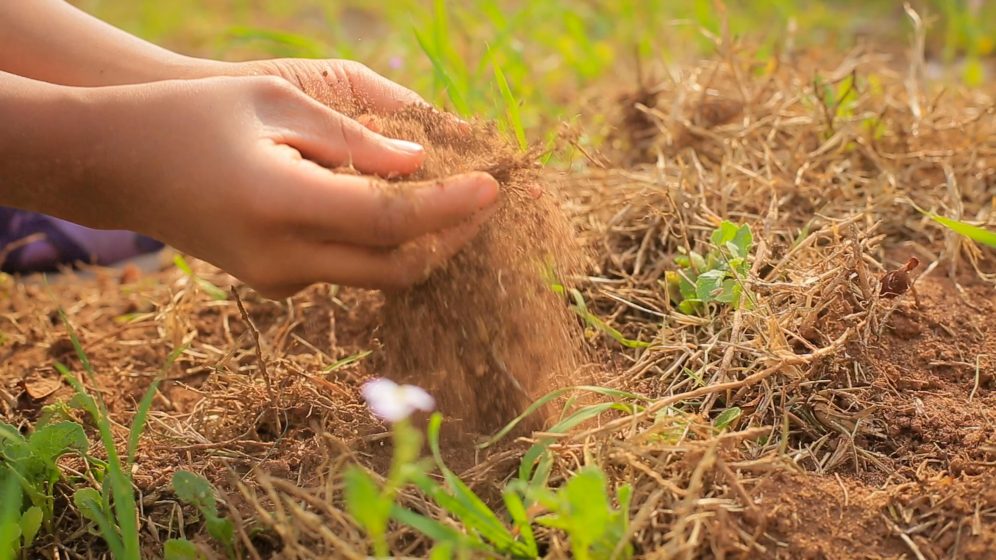
“Educational systems around the world have been provoked to assume their responsibility in the face of the need to form citizens with a new attitude towards nature, with values and attitudes different from those that led the planet to the current situation of intense environmental imbalance”, Sheila Ceccon explains. “Through our programs, students become active citizens and are able to connect this local community intervention with global socio-environmental issues, inspiring people to act and take small steps towards collective and transformative actions”.
About formigas-de-embaúba
Formigas-de-embaúba is a nonprofit organization that promotes environmental education through the planting of native mini forests by students in public schools in Brazil, bringing the urgency of ecosystem regeneration and climate change mitigation to the new generations.
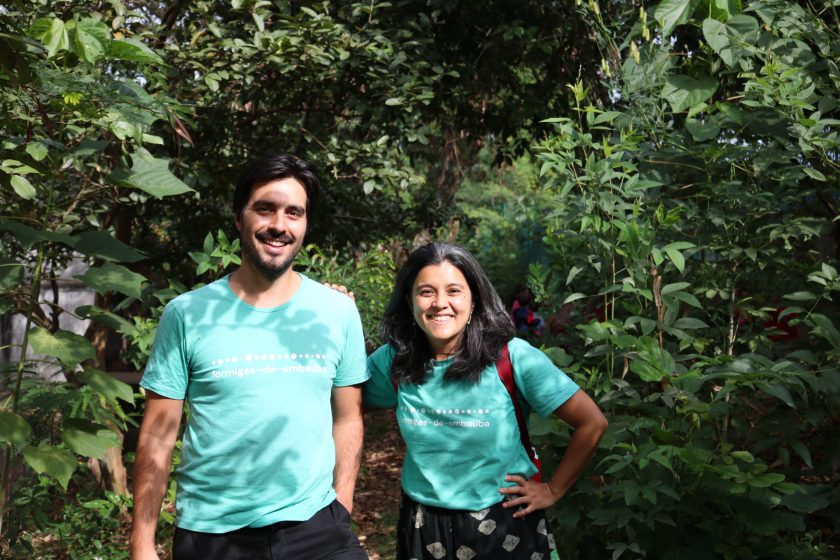
See more on Instagram @formigasdeembauba and on the short documentary film recently made about their work: https://youtu.be/bo6sO3dl7P4
You can engage with them through their Instagram account and e-mail ([email protected]), there is a lot you can do as an online volunteer and also donate to support their activities.
Rafael Ribeiro
São Paulo

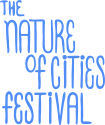
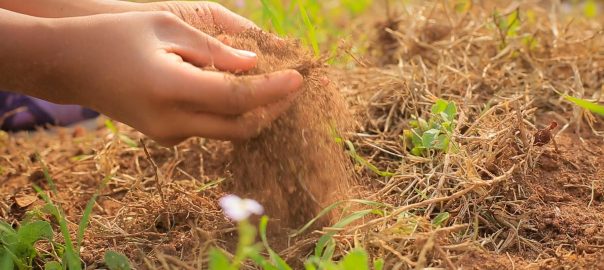
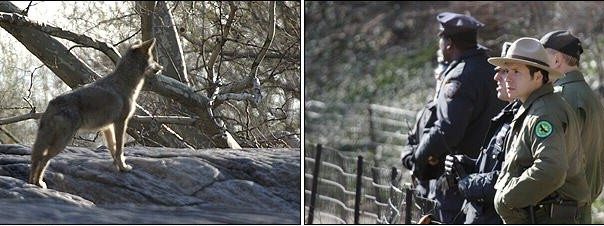
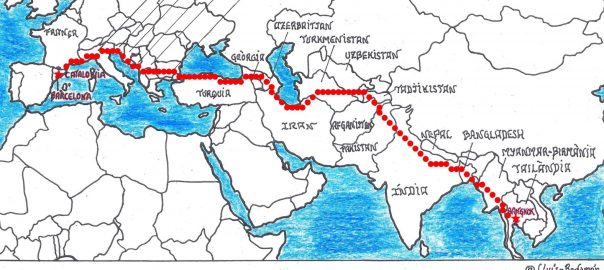
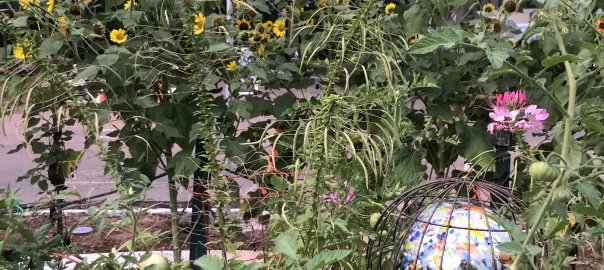
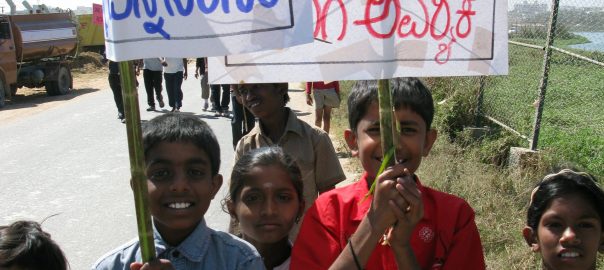
Leave a Reply